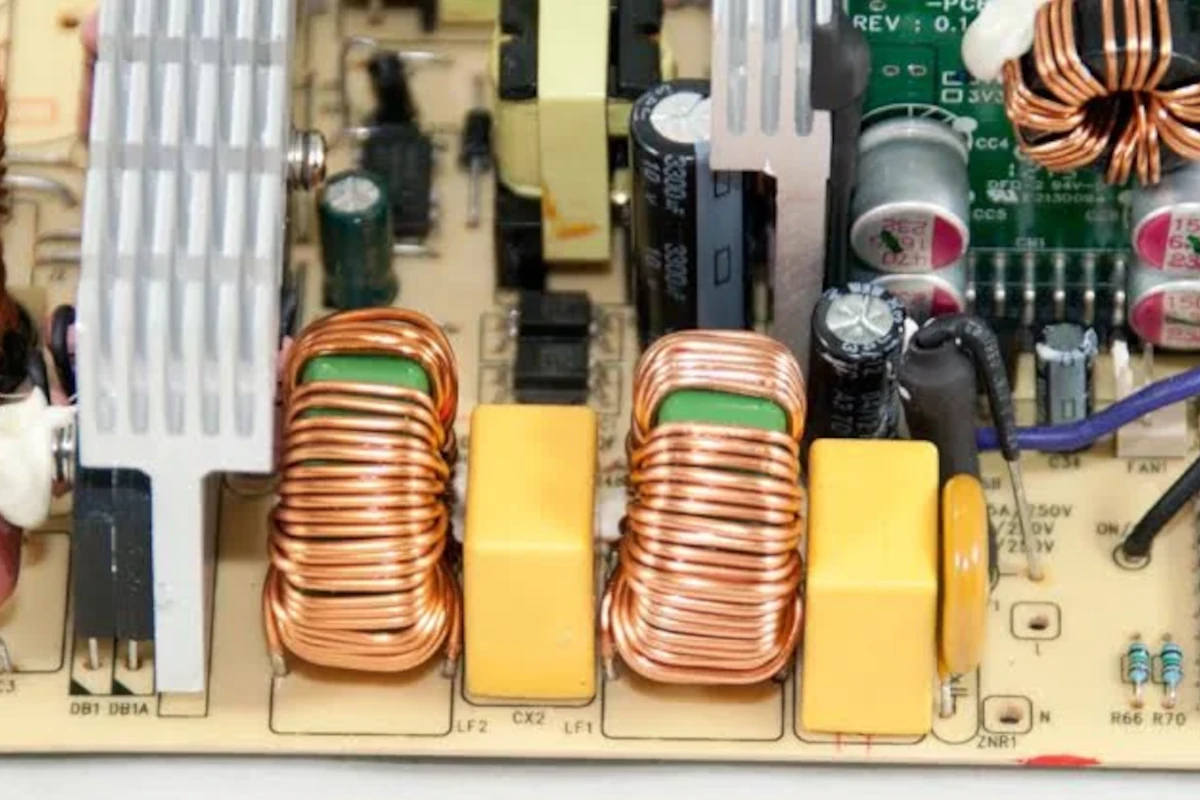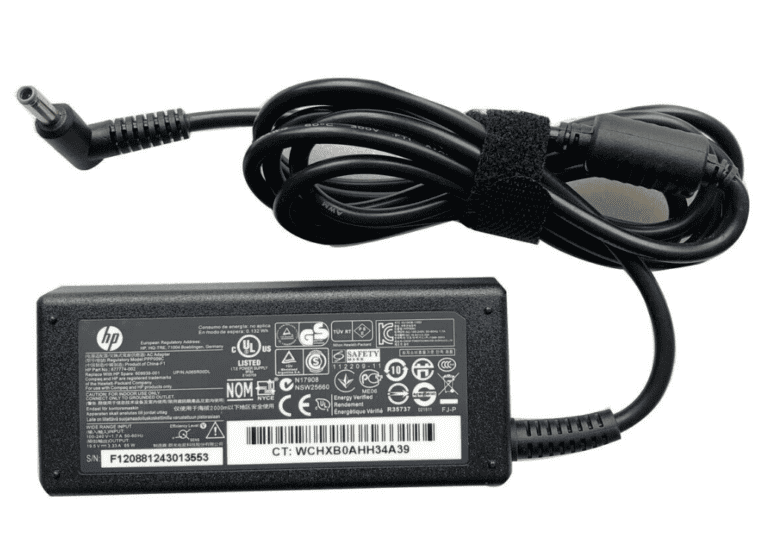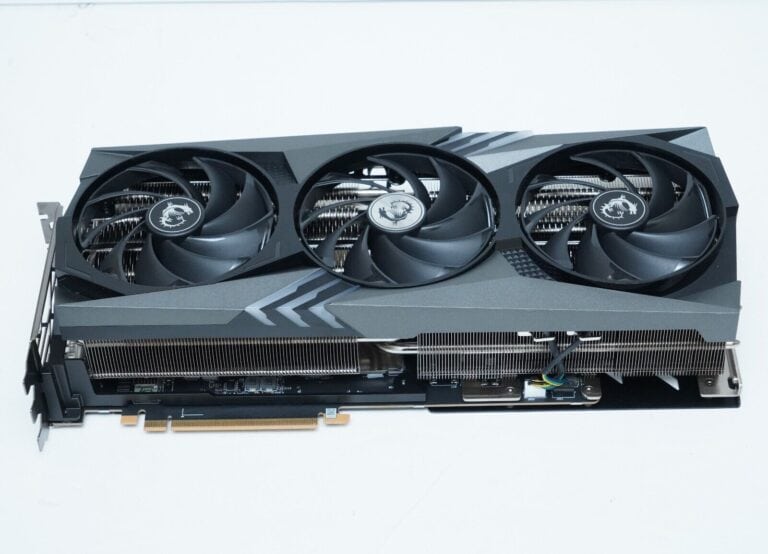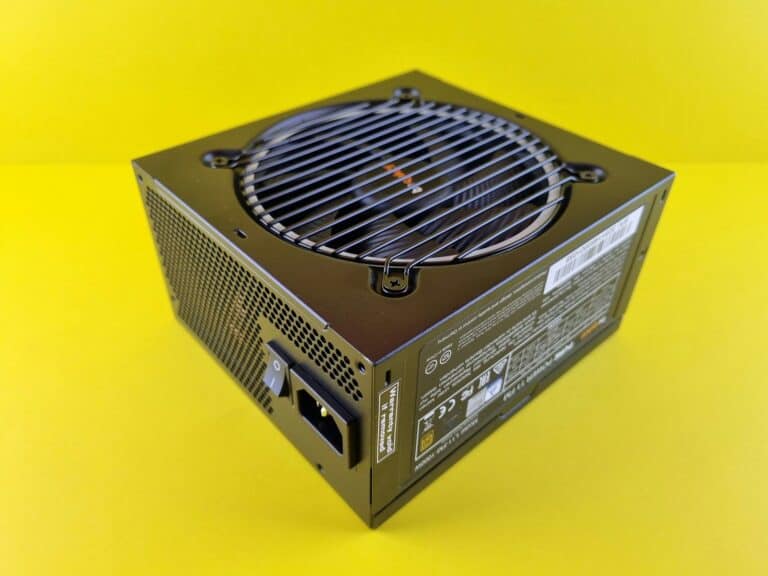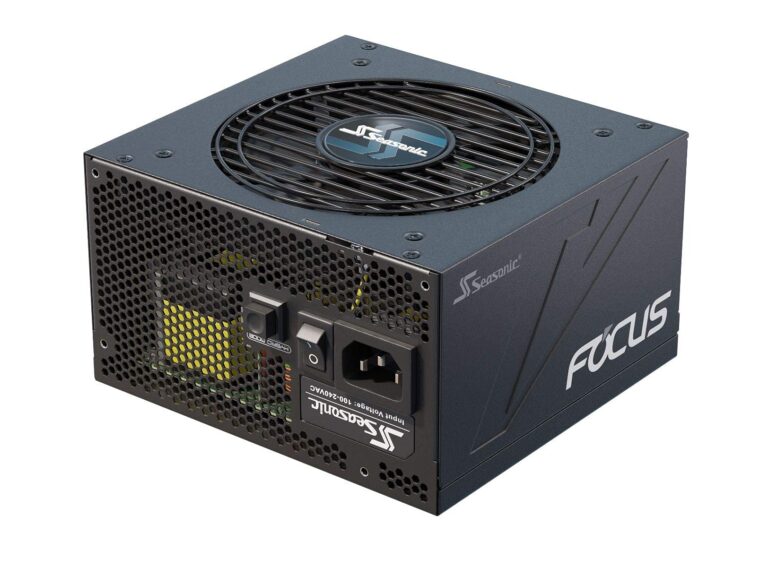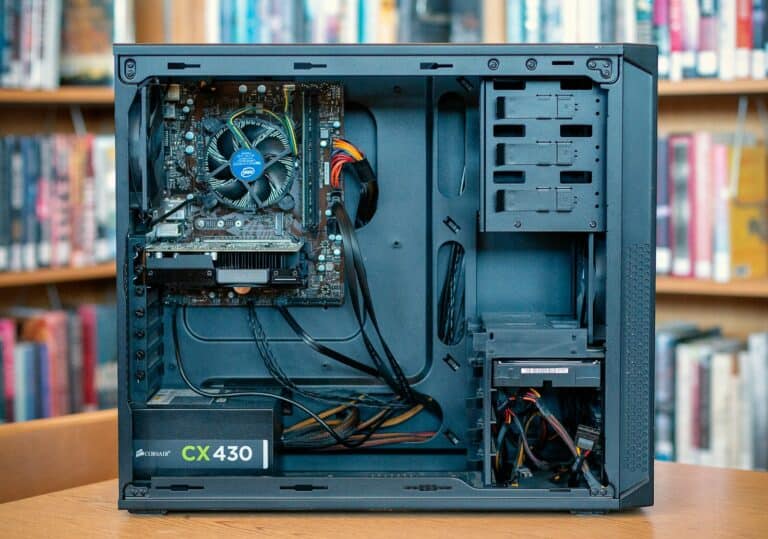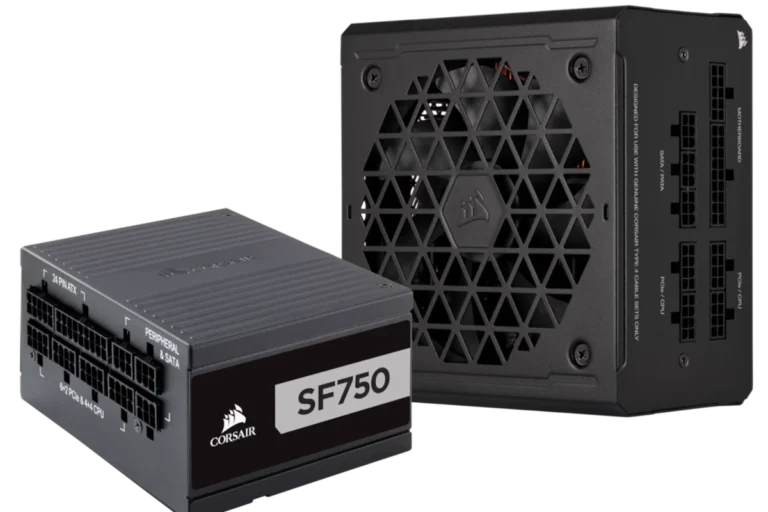Coil whine is a high-pitched buzzing, whining, or humming sound that comes from electrical components inside your PC’s power supply unit (PSU) (and sometimes from GPUs, motherboards, or VRMs).
It occurs when inductors or coils vibrate as electricity passes through them at high frequencies. These vibrations resonate and become audible, especially under certain loads or when the system is idle but still powered.
⚡ Causes of PSU Coil Whine
- Electrical Vibrations – Coils and transformers inside the PSU can vibrate when switching currents rapidly.
- Load Conditions – High-performance tasks (gaming, rendering, stress tests) or extremely low-load states can trigger coil whine.
- Power Quality – Poor power delivery from the wall outlet or unstable voltages can worsen the issue.
- Component Design – Some PSUs are more prone to coil whine due to cheaper components or less dampening.
- GPU/PSU Interaction – A powerful GPU drawing sudden bursts of power can cause the PSU coils to resonate (source: Small Useful Tips).
🧪 Is Coil Whine Harmful?
No. Coil whine is not a sign of failure and doesn’t damage your PSU or PC. It’s purely an acoustic annoyance. Many high-end PSUs and GPUs can exhibit coil whine even when functioning perfectly.
🔧 How to Reduce or Fix PSU Coil Whine
If the noise is unbearable, here are some solutions:
- Change Load Conditions
- Enable V-Sync, frame rate caps, or limit FPS in games to reduce sudden GPU power spikes.
- Avoid running menus at 1000+ FPS, which often triggers coil whine.
- Power Management Settings
- In Windows, set a balanced or power saver plan instead of high performance.
- Use GPU drivers to adjust power states.
- Electrical Setup
- Use a surge protector or UPS to stabilize incoming power.
- Try a different wall outlet (sometimes grounding issues cause extra noise).
- Physical Solutions
- Move the PC further away or soundproof the case slightly.
- Ensure the PSU is mounted securely to reduce vibration resonance.
- Replacement
- If the whine is extreme and under warranty, consider RMA/replacement. Some brands are more prone than others.
- High-quality PSUs with better coil dampening usually whine less (source: Robots.net).
📝 Key Takeaways
- Coil whine = harmless but annoying sound from PSU coils.
- Triggered by electrical vibrations, high load, or poor power quality.
- Not dangerous, but can be minimized through settings, power conditioning, or upgrading hardware.
Understanding PSU Coil Whine
Power Supply Unit (PSU) coil whine is a known issue that can cause a high-pitched noise in your computer. This section breaks down what causes this sound, its effects, and how to pinpoint where it’s coming from.
Causes of Coil Whine
The main culprits behind coil whine in PSUs are the electrical components such as inductors, capacitors, and transformers. When DC current passes through these parts, they may vibrate at frequencies that are audible as a high-pitched whining sound. The likelihood of this happening can increase if:
- Components are under heavy load.
- Capacitors and coils are aging or of low quality.
- There’s a mismatch between the power supply and other system components.
These vibrations are due to electromagnetic interference in the electrical circuitry.
Impact on Performance and Hardware
While annoying, coil whine usually doesn’t harm your system. It doesn’t mean that your GPU, CPU, or motherboard is losing performance or will have a shorter lifespan. However, it can be:
- A nuisance in quiet environments.
- A sign to check if components are properly functioning or need replacement.
Identifying Coil Whine Sources
To find out where coil whine is coming from, you can:
- Listen to pinpoint whether the noise originates from the power supply, graphics card, or other system parts.
- Use dampening material or isolating techniques to reduce resonance.
- Check if the power supply is the source by testing with a different unit.
In summary, if your system is buzzing more than usual, you could be facing coil whine. This doesn’t typically affect your computer’s performance, but identifying the source can help in reducing the noise.
Mitigating and Resolving Coil Whine
Coil whine can be distracting, but there are ways to manage and potentially resolve it. The following subsections discuss effective steps users can take.
Preventive Measures and Best Practices
Before coil whine becomes an issue, choosing the right components is key. Users should opt for high-quality power supplies and graphics cards from reputed manufacturers like Corsair, ASUS, Gigabyte, and Fractal. These brands often have solid quality control and their products are less likely to exhibit coil whine.
- Quality Selection: Stick to hardware with a good track record for minimal noise.
- Proper Installation: Ensure all components are securely and correctly installed.
Troubleshooting Techniques
If coil whine appears, troubleshooting can help identify and mitigate the noise:
- Dampening Material: Placing dampening material, such as foam, inside the case can reduce noise.
- Filters: Use electrical filters that might reduce noise from power instability.
When to Consider Replacement
There are times when troubleshooting simply won’t cut it:
- Persistent Noise: If the buzzing, hissing, or squealing persists despite all efforts.
- Manufacturer Defect: When it’s clear the coil whine is due to a manufacturing defect, contacting the manufacturer for RMAs is a smart move.
Technical Specifications and Considerations
In selecting a PSU, knowing the technical specifics is crucial. This helps ensure system stability and minimizes issues like coil whine. Let’s explore how to choose the correct power supply unit for your system’s needs.
Selecting the Right PSU Model
Choosing a PSU isn’t just about picking the one with the highest wattage rating. You need to consider the specific needs of your components, such as the demands of an overclocked processor or a high-end graphics card. Look for the model number that matches your build’s requirements, noting that higher wattage can accommodate more power-intensive tasks.
Understanding PSU Ratings and Build Quality
PSUs come with different efficiency ratings, with Platinum and Titanium indicating high efficiency. These ratings can impact your system’s power consumption and heat output. The build quality of a PSU is often reflected in the choice of materials like copper or aluminum in the coils and the design of the PCB. Higher quality often translates to better performance and reduced high-pitched noise from coil whine.
Role of PSU in System Stability
A reliable PSU is the backbone of a stable system. It powers each component, from the SSD to the fans. An unstable or poor-quality PSU may cause damage or abnormal operation during stress tests, such as those conducted with Prime95. System stability is not just about avoiding damage, but also ensuring that performance is consistent and that components like your SSD deliver the speed they promise without interruptions.
Frequently Asked Questions
This section addresses some of the common inquiries that come up when dealing with PSU coil whine, providing clarity based on observable behavior and tried interventions.
How can I identify if the noise I’m hearing is coil whine from my PSU?
Coil whine from a PSU manifests as a high-pitched noise that is more noticeable under heavy loads. It may change in pitch or volume when performing different tasks on the computer, but it should not be confused with other potential noises, such as hard drive clicking or fan noise.
What are the potential causes of coil whine in power supply units?
Coil whine in PSUs is often caused by the vibration of coil windings within the unit as electrical current passes through them. This can be amplified when the coils aren’t properly secured, or when the power load fluctuates or becomes heavy, causing the coils to vibrate more intensely.
Are there any reliable solutions to fix coil whine in PSUs?
While there is no guaranteed fix for PSU coil whine, some users have had success with securing loose components, replacing the PSU for one with better build quality, or reducing system load to minimize whine. Another approach includes using sound dampening materials to muffle the sound.
Under what conditions is PSU coil whine most likely to occur?
Coil whine is most prominent when the computer is under heavy load, such as during gaming or running intensive applications. It can also appear at specific power load levels or when the environmental noise levels are low, making the whine more noticeable.
Does PSU coil whine indicate a risk of component failure?
Coil whine in itself does not signify an impending failure of the PSU or other computer components. However, it can be a source of annoyance. It is a byproduct of the electrical characteristics of components rather than an indication of malfunction.
Can coil whine impact the performance of my PC during gaming or high-load scenarios?
Coil whine does not directly affect the performance of a PC. Your system will operate as intended despite the presence of coil whine. The concern is more about auditory discomfort rather than technical performance or longevity of the system.

